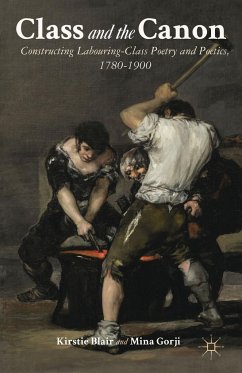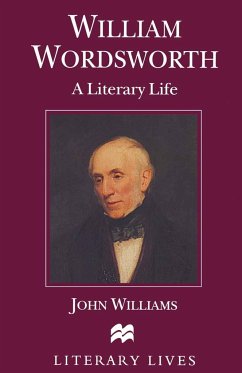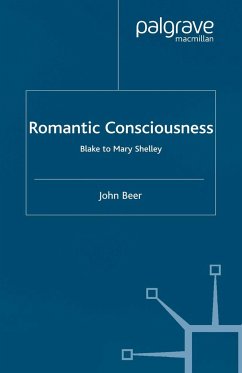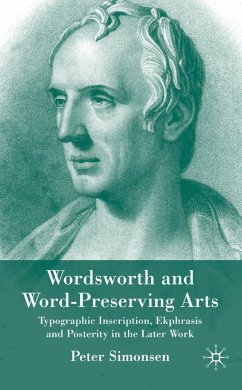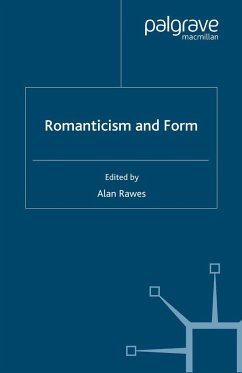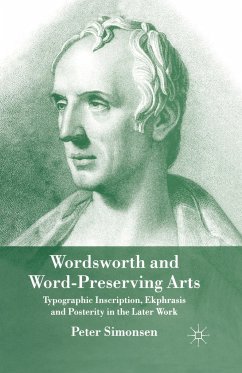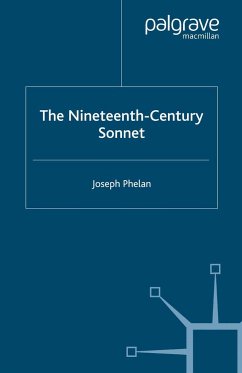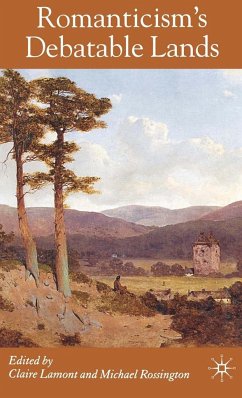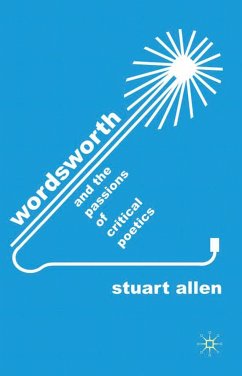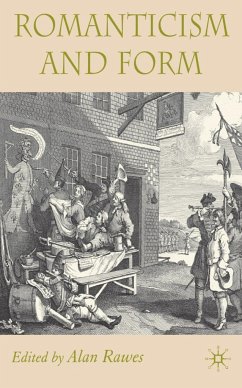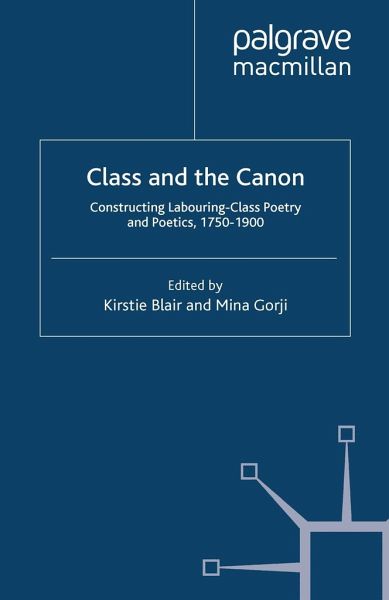
Class and the Canon
Constructing Labouring-Class Poetry and Poetics, 1780-1900
Herausgegeben: Blair, K.; Gorji, M.

PAYBACK Punkte
19 °P sammeln!
Examining how labouring-class poets constructed themselves and were constructed by critics as part of a canon, and how they situated their work in relation to contemporaries and poets from earlier periods, this book highlights the complexities of labouring-class poetic identities in the period from Burns to mid-late century Victorian dialect poets.





